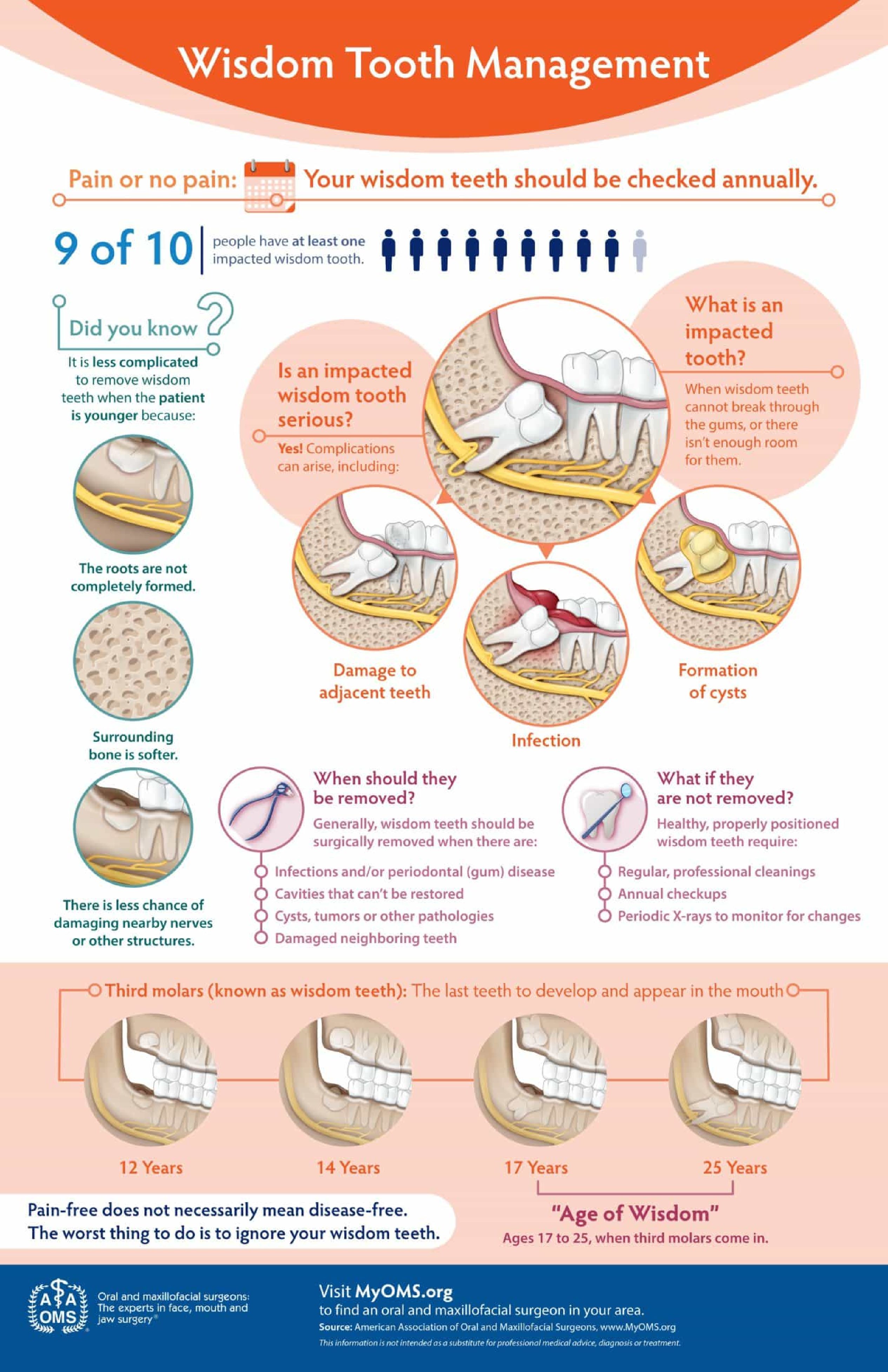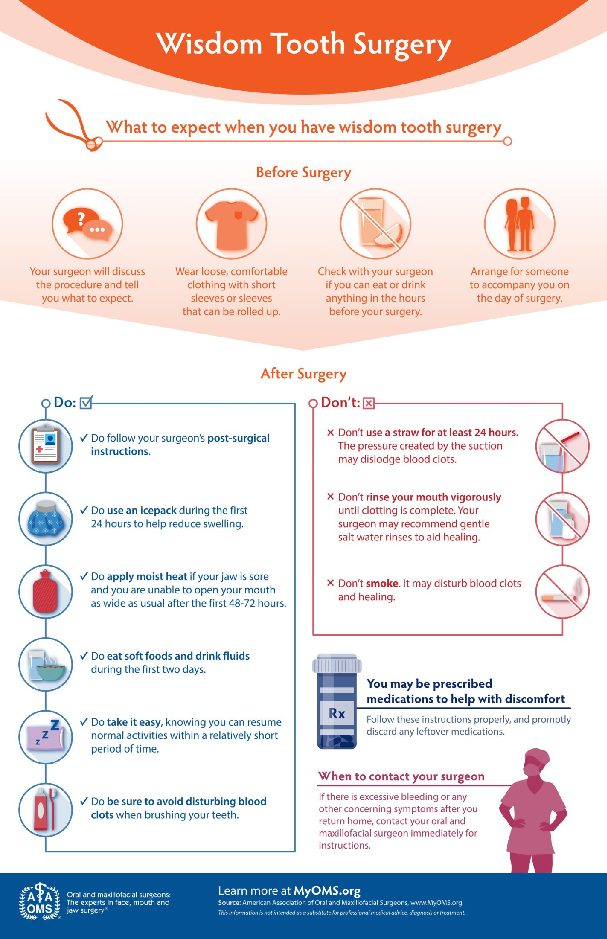Are you struggling with a facial injury?
It can be difficult to know where to go when it comes to facial trauma. If you’re out of options, it may be time to consider a maxillofacial surgeon.
A maxillofacial surgeon has the resources to tackle a variety of conditions. These range from broken facial bones to dislocated jaws and wisdom teeth removal.
These specialists can also diagnose oral cancer and operate on cleft palates. Are you wondering if maxillofacial surgery is right for you? Read on for a full guide to maxillofacial surgery and our in-office experience.
What Is Maxillofacial Surgery?
Maxillofacial surgery refers to a special kind of treatment. It involves the face, head, and oral areas, from the jaw to the teeth and the neck. Specialists are often called Oral and Maxillofacial Surgeons.
These doctors do more than work on your dental structure. They can address injuries such as a dislocated jaw or a genetic condition like a cleft palate. They can even tackle oral cancers, for example.
A typical use for maxillofacial surgery is after you suffer trauma. Facial injuries, such as fractured bones around the eyes and cheekbones or a broken nose, are some examples. Some people have an obstruction in their sinuses or tumors in their jaws.
Maxillofacial surgery can treat various issues and injuries to the face and head.
Surgery and Treatment Options
There are two general avenues of treatment. These are those involving surgery and those that do not. Within these, you’ll likely need a comprehensive examination of the are in question.
X-rays or CT scans are typical for diagnosis. This is a necessary step when dealing with the potential for broken bones or cancerous growths. There is also the aspect of functional versus esthetic treatments.
It’s worth breaking down a few things below.
Esthetic vs. Functional Options
Not all types of maxillofacial surgery have to be because of facial trauma. This type of specialization covers things like dental implants or corrections. Burn victims might get skin grafts, which is an example of an esthetic surgery for an injury.
Cleft lip or cleft palates can travel between esthetic and functional treatment. Depending on the severity, it might be difficult to live a normal life without treatment.
Functional options involve issues that aren’t always a result of trauma. Wisdom tooth extraction is one of the most common. Improving your ability to breathe through your nose is another.
Specific Types of Conditions Require Different Treatment
There are many “typical” injuries or traumas associated with maxillofacial treatment. Many of these are injuries or traumas to teeth, the jaw, or bones in the face and neck. Chipped or broken teeth may need surgical dentistry.
You might need dental crowns installed or spacers to correct and reset dislodged teeth. If you’re fast enough, you can even reimplant a knocked-out tooth. Some types of trauma can push your teeth deeper into your gums, causing damage.
A dental specialist can handle some of these issues, but a maxillofacial surgeon can do this and more.
You might also suffer a facial injury leading to fractured bones. In this case, the specialist would try to immobilize or “set” the bones. Facial fractures can be particularly nasty, especially around the eyes and front.
It’s not usually possible to use a cast for facial bone injuries owing to how small the breaks tend to be. However, a broken nose can have a cast or protective brace placed on it. A broken or fractured jaw might require the doctor to wire your jaw shut.
If this threatens to make it difficult to eat, an alternative would be using plates to set the bones instead. The general goal is to keep the bones still to promote healing. You don’t want any excessive movement.
Soft Tissue
An area that is often overlooked is soft tissue procedures. Your mouth and face are home to a near-infinite number of glands, nerves, and blood vessels. It can be easy to injure soft tissue and cause lacerations or deep cuts.
This is an area of oral surgical restoration that a typical dentist might not be able to do. From fixing palate issues to dealing with cancerous growths and more, a maxillofacial specialist is the way to go.
What You Can Expect
When you walk in, the first thing you can expect to get is care specialized for you. Despite the wide range of capabilities of a maxillofacial surgeon, they won’t treat you like a generalist. They will examine your individual needs and recommend treatment that’s right for you.
This starts with an examination. X-rays and CT scans will help figure out if there are any broken, fractured, or dislocated bones. In the case of dislocation, it might be possible to feel them in a gentle physical examination.
CT scans, in particular, can help diagnose hidden tumors or inflammation. If there is a mass or irregularity, you can expect the doctor to take samples for testing. The main thing you’ll get is comprehensive care from consultation to recovery.
Care Specialized For You
You will never get forced into surgery or invasive treatment. Maxillofacial surgeons can offer the least invasive procedure possible. They’ll only go up to something more serious if it’s needed.
Some procedures don’t require sedation or even oral surgery. Setting bones or your nose can be an example of this. Others might involve light surgery without needing sedation.
Examples of these might be installing spacers in your mouth or stitches in your face. Once you’ve had a diagnosis and received treatment, the doctors will also give you a recovery plan.
This will include how to provide self-care at home while you heal. It will also involve any antibiotics or specific cleaning and care instructions. When you opt for a maxillofacial surgeon, you can be sure of receiving excellent care.
Maxillofacial Surgery for Facial trauma
When it comes to dealing with facial trauma a maxillofacial surgeon is the way to go. They have the knowledge and experience to help. From diagnosing what you need to personalized care, they have you covered. That said, it’s super important to go with doctors that you trust.
At Georgia Facial & Oral Surgery we take your oral and facial health seriously. With proper consultation, you’ll get excellent care and treatment. Contact us today.



